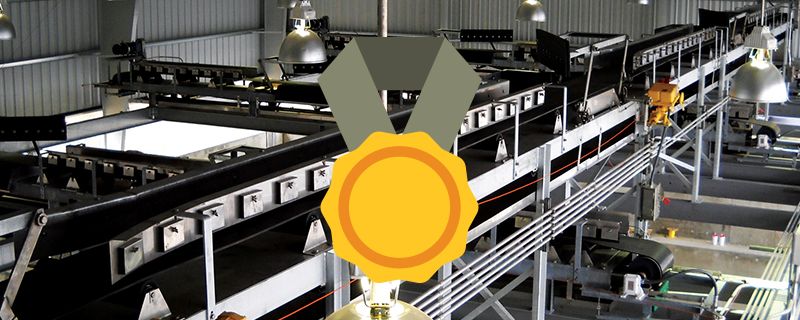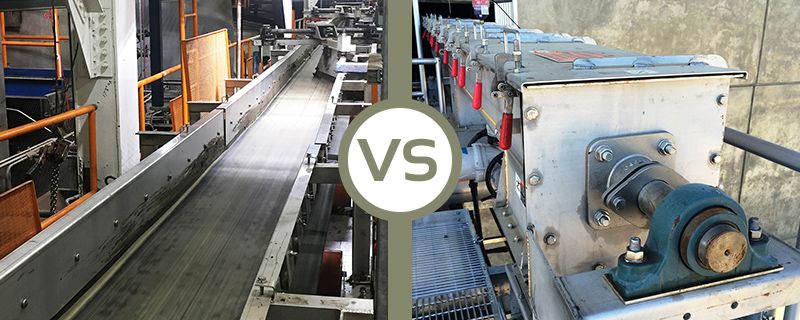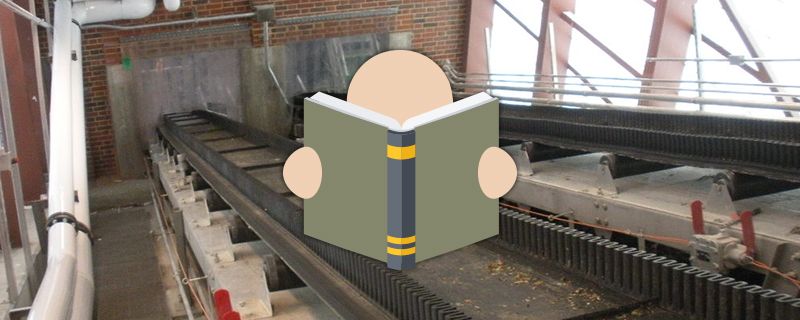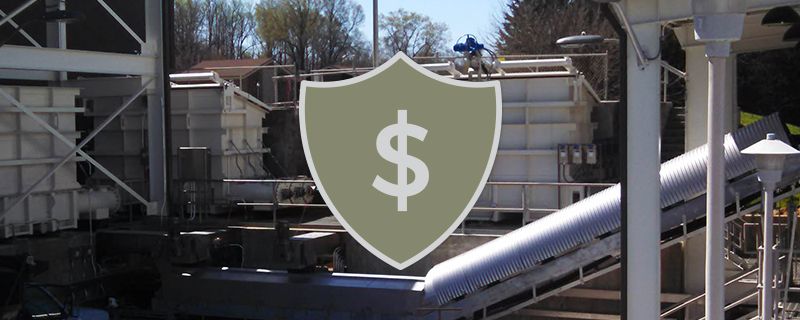Since the nineteenth-century belt conveyors have been used as an effective method for transporting bulk materials, and are now one of the most widely used and efficient means of transporting compactable and granular solids. Water and wastewater treatment facilities...
